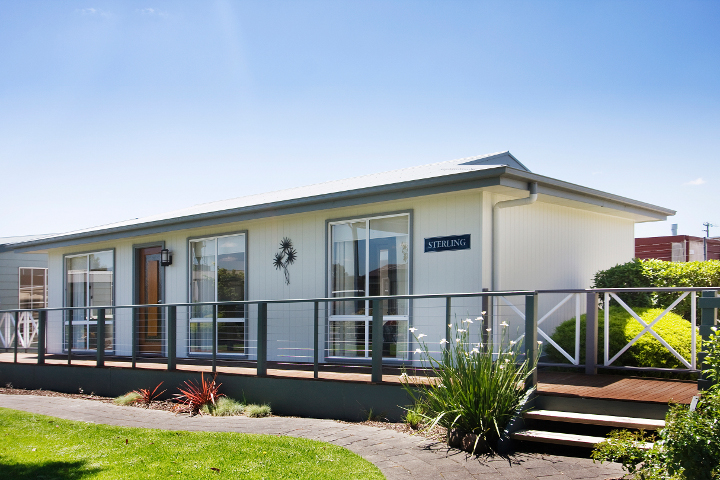If you’re thinking about building a home, there are a lot of things to consider. According to professional home builders at New Plymouth, you need to make sure that your home will be safe and comfortable for your family. Building a home is a big investment. You want to make sure that you get the most out of your money and that you are making the right decisions for your home. Here are 6 tips for building a stable home:
1. Make sure that your house has enough insulation
Insulation is important to keep heat from escaping during winter and cool air from entering during summer. You should also consider whether or not there are any cracks in your walls where wind can get in, which can cause problems with mold and mildew growth. If there is too much insulation, then you will have to open up these areas in order to let in fresh air and prevent damage caused by moisture.
Pay attention to foundations when choosing what type of foundation, you want for your house! There are several different types of foundations that can be used depending on what type of soil your property sits on (sandstone, clay, etc.). Sandstone tends to be cheaper than clay because it requires less labor but it also has less stability than clay does, because it settles more quickly than does clay after being dug out of the ground; this means that there could be problems with foundation.
2. Build on a strong foundation
The first step in building a stable home is to build it on a strong foundation. This means that you need to have the right financial situation and building materials are needed.Another important thing that you need to consider when building your new home is how much space you want in your house. You should also think about how much money you want to spend on the project and how long it will take before the project is completed.
Once all these factors have been considered, then it’s time for planning. You should start by drawing out all the plans for your new house before beginning any construction work. This way, everything will be ready when construction starts and there won’t be any problems later on during construction or after completion of the project.
3. Plan ahead and learn from mistakes
Planning ahead is important because it allows you to prepare for any problems that may arise during construction. It also helps you to avoid making costly mistakes and allows you to reduce the costs of any repairs that are needed later on.
4. Choose wisely when buying or renting materials
When buying materials for your home, make sure that they are durable and will last for a long time before needing replacement or repair. Make sure that you hire professionals who know how to use these materials properly so that they can provide the best results possible for your project.
5. Build a sturdy foundation
The first thing you need to do is build a strong foundation. This means that you must have a solid home with good drainage and proper foundations. You can also use concrete blocks as support for your house, which will make it stronger. Make sure that there are no weak spots in your foundation and that everything is properly connected together.
6. Understand how much money you have
Before starting any project, you should know how much money you have available for building this project or renovating this project. This will help you in choosing the right material and equipment needed for this project so that it can be completed within budgeted time frame without compromising on quality standards and specifications.

